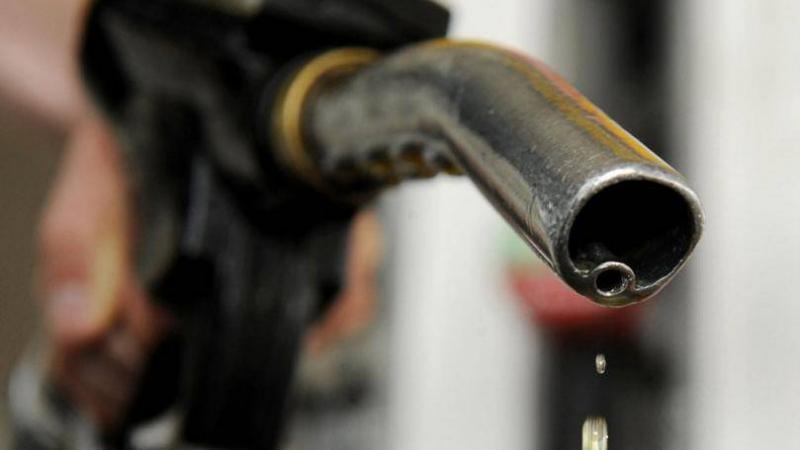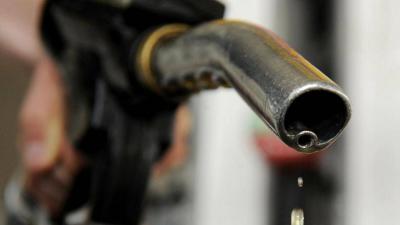The suffering of the Lebanese citizen continues under the arrogance and audacity of merchants and mafias that have raised prices wildly due to the absence of regulatory institutions. For example, the prices of most goods and food items in supermarkets have increased unjustifiably without a clear reason, aside from the talk of raising the customs dollar which led to an automatic increase in prices. Additionally, despite the warning issued by Minister of Education Ali al-Halabi to schools not to collect tuition fees in fresh U.S. dollars, most schools have collected part of the fees in U.S. dollars and circumvented the law by providing a receipt with the amount paid labeled "Paid to the Teachers and Employees Support Fund"! This is the height of hypocrisy.
Merchants have not only raised prices, but they have also become very active in smuggling. According to information obtained by the newspaper "Al-Diyar," smuggling a canister of gasoline yields a net profit of ten U.S. dollars, and each smuggled barrel secures a net profit of one hundred U.S. dollars. This raises the question: what would motivate fuel traders to sell in the local market when foreign markets guarantee enormous profits that the local market cannot provide? The answer: nothing! Oversight is absent, and sources have confirmed to "Al-Diyar" that the smuggling network includes all types and categories, with guaranteed cover.
Regarding the U.S. dollar, traders have attempted to manipulate its price in the black market under the pretext of demand, aiming to send a message to the official authorities not to raise the customs dollar under the threat of pushing the black market dollar up to high levels. The political authority understood this message and postponed the matter. However, one cabinet member, Vice President Saadeh Al-Shami, is working hard to impose a unified rate, which is the rate of the Sayrafa platform on all state revenues, excluding public sector salaries. This means a clear liberation of the Lebanese pound's exchange rate and the elimination of all types of support coming from Banque du Liban, including for medicines, fuel, and food items.
Sources close to the negotiating team indicate that Al-Shami is working to impose the Sayrafa platform rate on all state revenues at the behest of the International Monetary Fund, which faces opposition from many ministers in the government, particularly from the Shiite duo ministers. Al-Shami is specifically pressuring Banque du Liban to stop implementing Circular 161, which provides dollars to the local market (for imports and citizens). According to the information, Al-Shami wants to fulfill the IMF's request for the complete liberalization of the exchange rate, with the intention of later raising the Sayrafa platform to the rate where prices settle in the black market.




